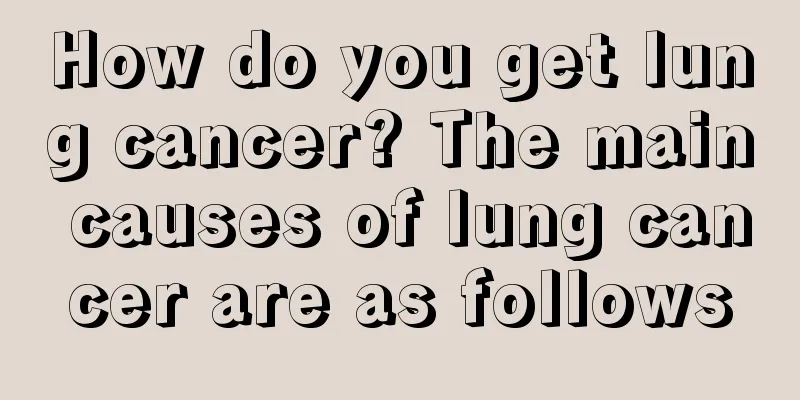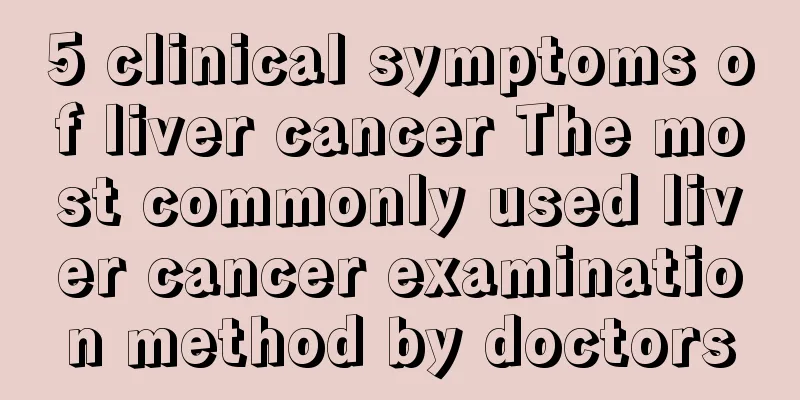The degree of dysphagia in advanced esophageal cancer

|
Dysphagia is the main symptom of advanced esophageal cancer, and about 90% of patients have this symptom. The degree of dysphagia is related to the pathological type of esophageal cancer. The esophagus is a muscular tubular organ with expansion function. Patients will experience esophageal obstruction symptoms, namely dysphagia, only after the tumor has invaded a large part of the esophageal inner diameter or circumference. Because the esophageal wall has good elasticity and expansion ability, the dysphagia symptom is not obvious when the tumor has not involved more than half of the esophageal circumference. The severity and development of dysphagia in patients with advanced esophageal cancer are related to the gross pathological type of the tumor and other local changes. Among them, the stenotic and medullary types are more severe than other types. The dysphagia of the stenotic type is the most obvious and persistent; the ulcer type may not have obvious dysphagia; the medullary type, the mushroom type or the intracavitary type often have more severe dysphagia, and sometimes the dysphagia symptoms may be temporarily relieved due to necrosis and shedding of cancerous tissue. The specific situations of dysphagia caused by various types of esophageal cancer are as follows: 1. The dysphagia symptoms of patients with stricture esophageal cancer are the most obvious and typical. 2. Most patients with ulcerative esophageal cancer do not have significant dysphagia. Even if the disease progresses from the advanced stage to the late stage, they may not necessarily have significant dysphagia. 3. Before the tumor of umbrella-shaped esophageal cancer completely blocks the esophageal cavity or blocks most of the esophageal cavity, the symptoms of difficulty in eating are not obvious. 4. Most patients with medullary esophageal cancer have more serious symptoms of difficulty in swallowing. Sometimes, due to ischemia, necrosis and shedding of cancer tissue, the tumor is reduced and the symptoms of difficulty in swallowing can be temporarily relieved, but the symptoms recur soon after. 5. When the congestion, edema and inflammation of the proximal esophageal mucosa of esophageal cancer worsen, the symptoms of dysphagia will worsen accordingly, and when they decrease or disappear, the symptoms of dysphagia will be alleviated. |
<<: The main cause of late-stage death in patients with esophageal cancer
>>: Signet ring cell carcinoma is a special type of gastric cancer
Recommend
How can women prevent cervical cancer? What are the methods to prevent cervical cancer?
1. Avoid sitting for long periods of time: One of...
Seven ways to take care of cold hands and feet in winter
Winter is a particularly sad season for many peop...
Sweating and vomiting
In people's daily lives, many people experien...
How to educate a lazy child
Children’s education is one of the issues that pa...
Will ovarian tumors be passed on to children?
Ovarian tumor refers to a tumor that occurs on th...
What should I do if there is clotted blood during menstruation?
Menstruation is a physiological phenomenon that w...
How to remove rust from clothes
If we want to remove rust from clothes in our dai...
How is testicular cancer diagnosed?
The testicle is an important organ for men. Once ...
How to wash pen marks off clothes
People who often use pens will have a worry that ...
Causes of pleural effusion in lung cancer
What are the causes of pleural effusion in lung c...
Pain in the inner calf bones when running
Running is an aerobic exercise that many people l...
Children need the company of their parents
Children are very sensitive when they are young, ...
What are the symptoms of brain metastasis from small cell lung cancer
If the lesions of brain metastasis occur in impor...
How long can an elderly person live with pancreatic cancer
In this age when people are afraid of cancer, onc...
How do hospitals treat liver cancer? Hospitals commonly use three treatment methods for liver cancer
Liver cancer is a tumor disease that is difficult...









